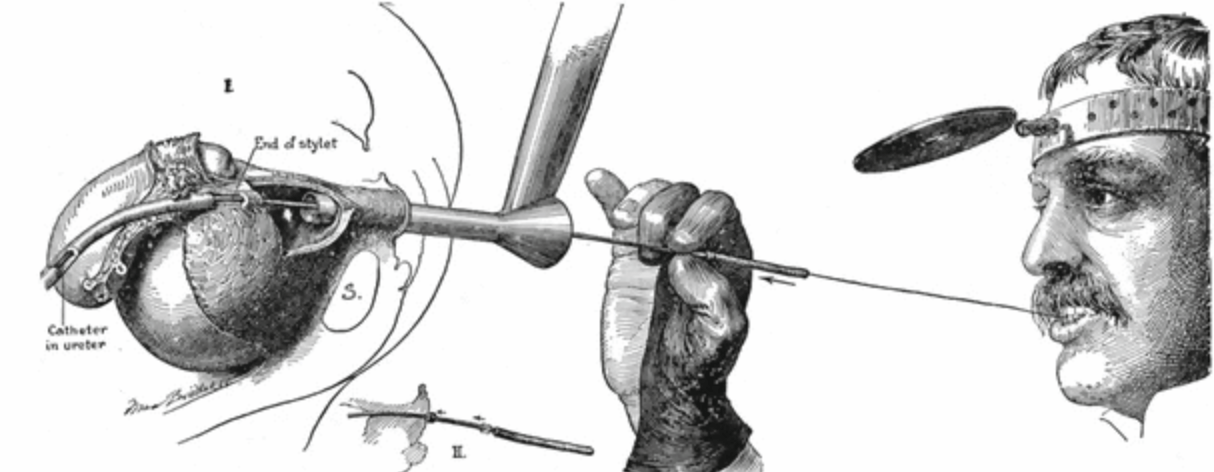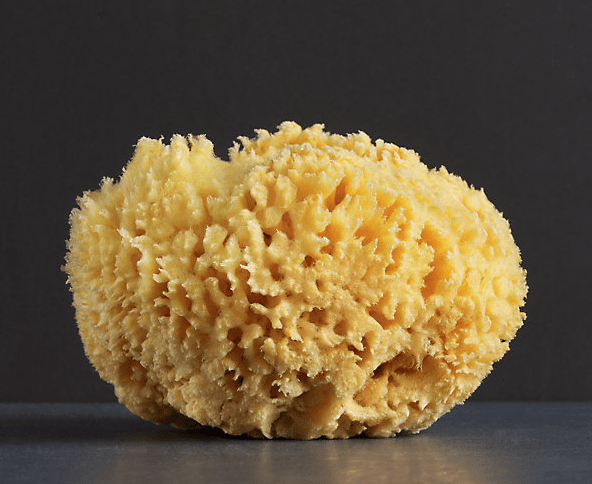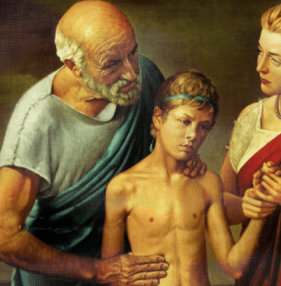
by Michael Borofsky, M.D. | Jan 24, 2016 | For Doctors, For Patients, For Scientists
Dr. Mike Borofsky authored a favorite article on this site – Pain from Kidney Stones. Now, he has authored our first article on stone urology, meaning the urological surgeries used for treatment of stones in the kidneys and urinary tract. Ureteroscopy is fast becoming the preferred approach, outstripping shock wave lithotripsy and percutaneous lithotripsy. This is because the instruments for ureteroscopy offer superior optics and are flexible and small enough to get from the urethra up into the kidneys and into all of the crevices of the kidneys where stones form and lodge. Armed with tiny but powerful laser fibers, the new ureteroscopes permit surgeons to fracture stones in the kidneys and turn them into mostly harmless dust that passes silently for days or weeks thereafter, or into small fragments they take out during the procedure leaving not a speck behind. It is a brilliant time to be a young urologist and use these marvelous instruments to do what would otherwise require a far more complex and risky procedure (percutaneous nephrolithotomy) or depend upon an indirect and often incompletely effective one (shock wave lithotripsy).

by Michael Borofsky, M.D. | Jun 7, 2015 | For Doctors, For Patients, For Scientists
Many people have multiple calcification in their kidneys and urinary tracts which show up on CT scans and are labelled ‘nephrocalcinosis’. When they look like multiple small calcifications massed together radiologists often label the disorder as MSK. Old fashioned x-rays with contrast agents were actually more discriminating for the diagnosis but have passed into disuse. Contrast CT can also help make the diagnosis but is rarely used to diagnose stones. Modern high resolution endoscopy has, fortunately, taken over as the main new way to manage stones and with such instruments surgeons can confidently diagnose MSK. Because new, the change in the way we diagnose MSK will inevitably change what people are told is the cause of their stones. MSK has special features which complicate treatment. A large majority of people presently labelled as having MSK probably do not have it but rather have one or another more common stone forming disease. The message is simple: We need to separate out who has what and provide exacting and reliable treatment using the most modern techniques.

by Michael Borofsky, M.D. | May 21, 2015 | For Doctors, For Patients, For Scientists
Dr Michael Borofsky is a young and brilliant surgeon specially trained in kidney stone management who offers us the article any patient or family member or friend will want to devour. Stone pain is awful and arises from complex abnormalities that are important to know about. He makes clear how much inflammation occurs, why a lessening of pain might not signal betterment of obstruction but only a fall in blood flow to the kidney. Most importantly he writes about the possibility that stones which do not obstruct might still cause enough pain to disable people, interfere with life, and lead to drug dependence. This controversial area of kidney stone surgery requires new studies, but before they are done patients and physicians need to know about the possibility that chronic pain in a stone former may be coming from an innocent appearing stone we have up till now dismissed.



